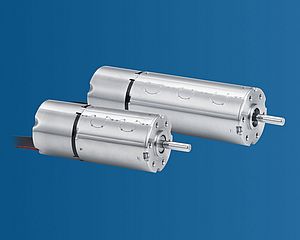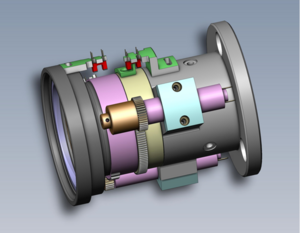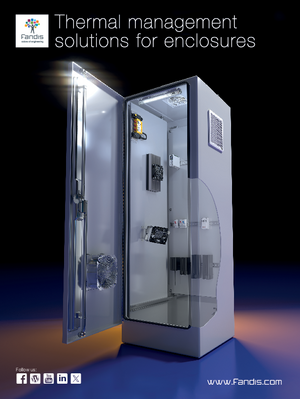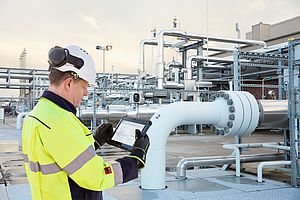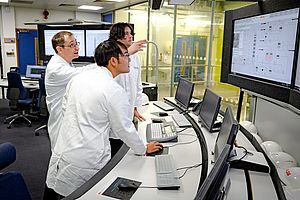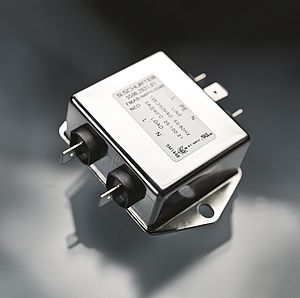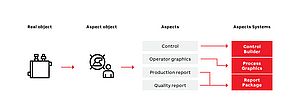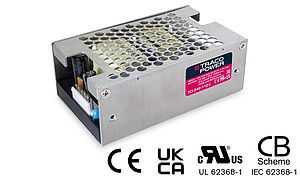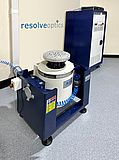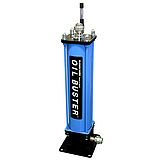Avtech, a Swedish IT company, has addressed the aerospace industry with the development of a weather and wind data product portfolio to foster sustainable and comfortable flights, reducing the need for airlines to invest in any new equipment.
In a recent real-life test, Norwegian Air Shuttle reduced CO2-emissions by 2 000 tons in three months’ time last autumn, by using Avtech’s services in the company’s fleet of 106 Boeing 737-800 aircrafts.
“We saved from one to eighty kilograms of fuel per flight, the average being 22 kilos, purely by optimizing the descent phase of the flights”, says Norwegian pilot and project manager Stig Patey. “The 10K weather grid makes it possible to avoid unfavourable winds at given altitudes during the flight and to start the descent phase at exactly the right moment. Our pilots have reportedly been very pleased with the easy to use service that in real life proved to be much more accurate than the standard weather systems.”
All of this was made without any new equipment in the aircrafts, as all real-time calculations are made on the ground by Avtech.
“The timeliness and accuracy of our high-definition weather forecasting means that the normal pre-flight package is usually sufficient on shorter flights,” says David Rytter, Chief Technical Officer at AVTECH. “On longer flights updates can be uplinked when necessary, since the files are very small in size. Now the partnership with Norwegian has deepened, exploring the climb phase of the flight, with part of the funding coming from the Swedish Energy Agency.”
World leading weather service
Avtech’s 10K weather is based on the UK Met Office’s high-definition weather modelling system, and is calculated per flight by Avtech’s patented algorithms, which are able to perform the calculations using only the essential data. The company has worked closely with the Met Office for over seven years and is currently the only company with access to the full weather database.
“Our Cray supercomputer gathers 215 billion weather observations a day from all over the world, which it then takes as a starting point for running atmospheric models” says James Guscott, Senior Account Manager at Met Office. “Each run our 10km Global model completes produces about 12TB of data and to make it useable for our current WAF service, we downscale this data to approximately 140km. With Avtech we have developed a solution that allows airlines to benefit from the 10km high resolution source data by application of a 4-Dimensional Trajectory API. The result is that our Big Data can be developed in to Better Data for airlines.
The Met Office, alongside American NOAA, is one of only two World Area Forecast Centres, (WAFC) that deliver the regulated high-level weather information for the aviation services.
“Weather has always been one of aviation’s greatest hazards, and it’s becoming even more of a risk as we continue to see an increase in the intensity and frequency of extreme weather events. As a result, it’s increasingly important that airlines have access to the most up to date weather information available to inform decision making”, says Emma Connett, Transport Business Manager at Met Office. “We have a long standing strategic partnership with AVTECH and work closely with them to develop these services for the airline industry.
Good for climate and passengers
With an average saving of just 22 kilos of air fuel per flight made by 33 000 flights a day, the overall fuel savings would be roughly 700 000 kilos per day in Europe alone. This equates to a reduction of over 2 million kilograms of carbon dioxide emissions.
This easily achievable means of reducing CO2-emissions is something airlines should pay close attention to; according to a brand-new study, investors are looking closely at how airlines mitigate carbon emissions and their impact on climate change. The study was conducted by Transition Pathway Initiative (TPI), a group representing 40 investors with around $13tr in assets under management, and was presented on Engineering and Technology’s website.










